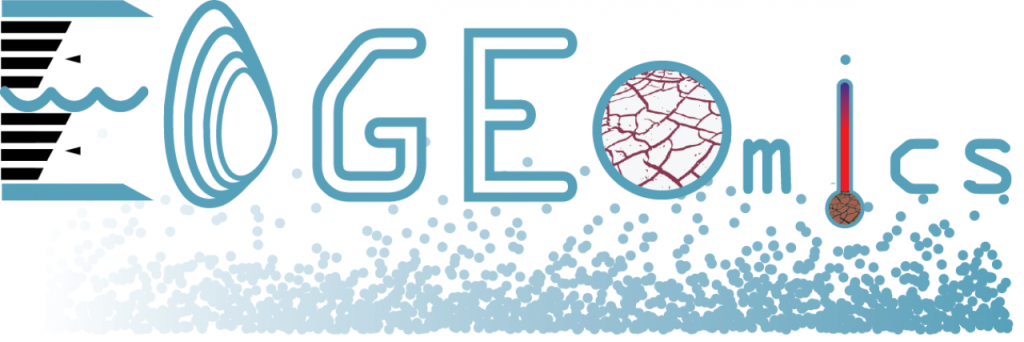

Researcher
Mafalda Baptista is a postdoctoral researcher working on the microbial ecology of aquatic systems and extreme environments. She got her PhD in Environmental Sciences and Technology from the University of Porto in 2008. Since then she has established a number of collaborations with research institutions, namely the Center for Environmental Implications of Nanotechnologies, University of California at Santa Barbara, in the USA, the Department of Ecology, Environment and Plant Sciences, University of Stockholm, in Sweden, and the International Centre for Terrestrial Antarctic Research, University of Waikato, New Zealand










